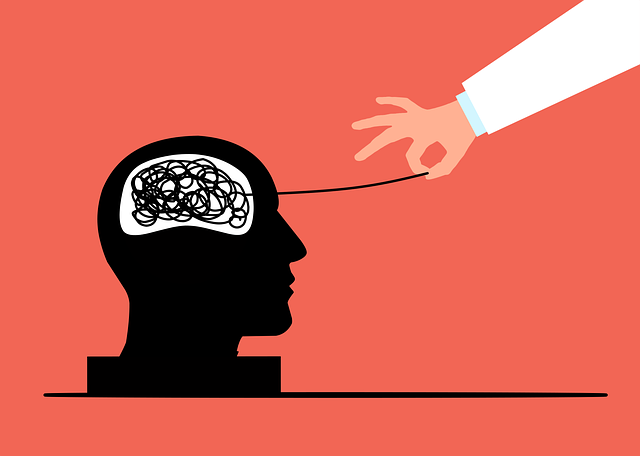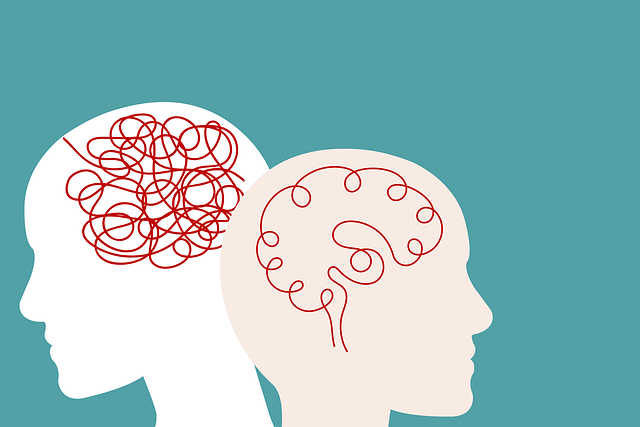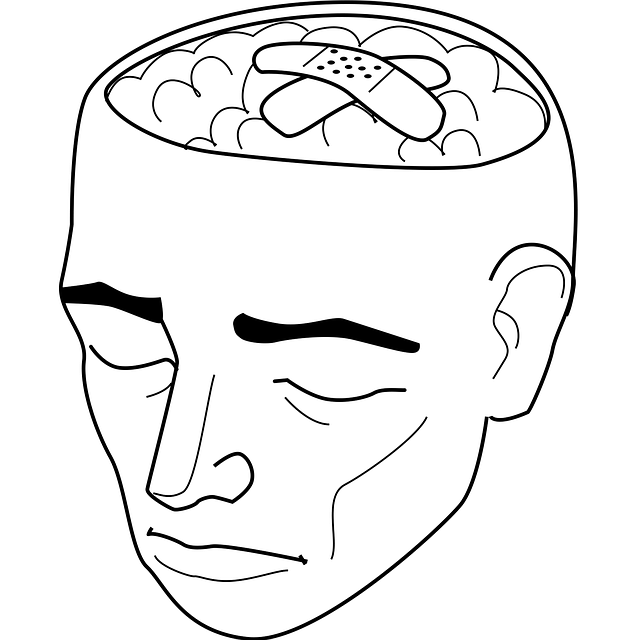Healthcare provider burnout is a growing concern, impacting well-being and patient care. This article explores comprehensive strategies to prevent and mitigate burnout among healthcare professionals. We delve into the root causes and symptoms, focusing on the role of Parker ADD-ADHD evaluations in personalized support. Through evidence-based therapy practices and organizational changes, we uncover paths to resilience. Additionally, self-care techniques are highlighted for long-term sustainability, emphasizing the importance of holistic approaches to combat burnout.
- Understanding Burnout Among Healthcare Providers: Symptoms and Causes
- Parker ADD-ADHD Evaluations: Unlocking Potential for Personalized Support
- Therapy Approaches to Combat Burnout: Evidence-Based Practices
- Creating a Resilient Work Environment: Organizational Strategies
- Self-Care Practices for Long-Term Sustainability in Healthcare
Understanding Burnout Among Healthcare Providers: Symptoms and Causes

Healthcare provider burnout is a growing concern within the industry, impacting not only individual well-being but also patient care and organizational productivity. Burnout results from prolonged exposure to stressful work environments and can manifest in various ways. Symptoms include emotional exhaustion, depersonalization or cynicism, and reduced personal accomplishment. These indicators often signal a deeper issue, where healthcare providers feel overwhelmed, undervalued, or disconnected from their work.
The causes of burnout are multifaceted. High workload, long hours, and heavy patient loads contribute significantly. Additionally, factors like poor job control, lack of social support, and unclear role expectations can exacerbate the problem. For mental health professionals specifically, managing complex patient cases, such as those with ADD/ADHD, requires intense focus and emotional energy, further increasing the risk of burnout. Integrating mental health awareness and utilizing effective burnout prevention strategies, such as Parker ADD-ADHD evaluations and therapy, are crucial steps toward mitigating these risks and fostering a healthier work environment.
Parker ADD-ADHD Evaluations: Unlocking Potential for Personalized Support

Parker ADD-ADHD Evaluations offer a powerful tool for healthcare providers to unlock personalized support strategies for individuals with Attention Deficit Disorder (ADD) or Attention Deficit Hyperactivity Disorder (ADHD). By utilizing comprehensive assessment tools, professionals can gain valuable insights into each patient’s unique neurodevelopmental profile. This enables tailored interventions that go beyond generic treatments, addressing the specific challenges faced by those with ADD/ADHD.
Through these evaluations, healthcare providers gain access to evidence-based guidance on various aspects of mental wellness, including effective therapy techniques and coping mechanisms. By integrating findings from the Parker Assessments into their practice, professionals can offer proactive solutions for depression prevention, enhancing overall mental health management. This personalized approach ensures that individuals with ADD/ADHD receive targeted support that resonates with their unique needs, fostering improved symptom control and enhanced quality of life.
Therapy Approaches to Combat Burnout: Evidence-Based Practices

In the quest to combat healthcare provider burnout, therapy approaches play a pivotal role. Evidence-based practices such as cognitive-behavioural therapy (CBT) have proven effective in managing stress and promoting mental wellness. This therapeutic method helps professionals identify and challenge negative thought patterns contributing to burnout, fostering healthier coping mechanisms. Furthermore, incorporating techniques from mindfulness-based therapies, like those often explored in the Mental Wellness Podcast Series Production, can enhance self-awareness, enabling healthcare workers to recognize early signs of stress and take proactive measures.
One specific therapy gaining traction is Parker ADD-ADHD Evaluations Therapy, which offers unique insights into managing workload and time management. This approach tailors strategies to individual needs, addressing underlying issues that may exacerbate burnout. By combining evidence-based practices with specialized therapies, healthcare providers can develop robust tools for burnout prevention, ensuring they maintain optimal mental health and continue delivering exceptional patient care.
Creating a Resilient Work Environment: Organizational Strategies

Creating a resilient work environment is a crucial aspect of preventing burnout among healthcare providers. Organizations play a pivotal role in fostering this resilience by implementing strategies that support and prioritize employee well-being. This can include structured risk management planning for mental health professionals, which involves identifying potential stressors and developing mitigation strategies. By regularly conducting Parker ADD-ADHD evaluations to assess work-related challenges and therapy sessions focused on stress management, organizations can help staff develop coping mechanisms tailored to their unique needs.
Furthermore, encouraging open communication and providing access to resources for stress reduction methods can contribute to a healthier work environment. Organizations may organize workshops or training sessions that teach mindfulness techniques, time management skills, and effective delegation strategies. These initiatives not only help professionals manage stress but also enhance overall job satisfaction and productivity, ultimately reducing the risk of burnout.
Self-Care Practices for Long-Term Sustainability in Healthcare

In the healthcare industry, where professionals often prioritize patient care over their well-being, implementing self-care practices is a vital strategy for long-term sustainability. Healthcare providers, like doctors, nurses, and therapists, must recognize that their own mental and physical health directly impacts the quality of care they deliver. Incorporating regular self-care routines can mitigate burnout, enhance job satisfaction, and improve overall resilience. This might include activities such as engaging in therapeutic hobbies, practicing mindfulness meditation, or participating in community outreach programs to foster a sense of belonging and purpose outside of work.
For mental health professionals, such as therapists offering Parker ADD-ADHD evaluations and therapy, self-care is particularly crucial. They are often responsible for guiding their clients towards well-being while managing demanding caseloads. Therapists can benefit from structured self-awareness exercises to manage stress, set boundaries, and maintain a healthy work-life balance. By integrating these practices into their routines, healthcare providers can effectively prevent burnout, ensuring they remain adept at helping others navigate their challenges with renewed passion and focus.
Healthcare provider burnout is a pressing issue, but with the right strategies, it can be effectively addressed. By understanding the symptoms and causes of burnout, utilizing personalized support through Parker ADD-ADHD evaluations, embracing evidence-based therapy practices, fostering resilient work environments, and implementing self-care routines, healthcare professionals can enhance their well-being and sustain a meaningful career. Integrating these strategies not only benefits individual practitioners but also improves patient care and organizational productivity in the long term.












